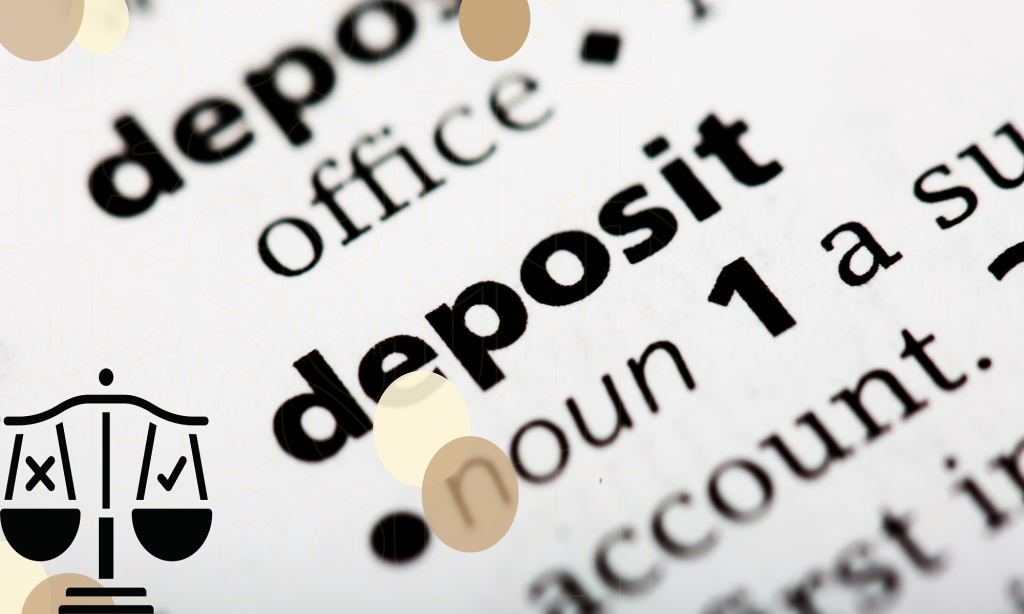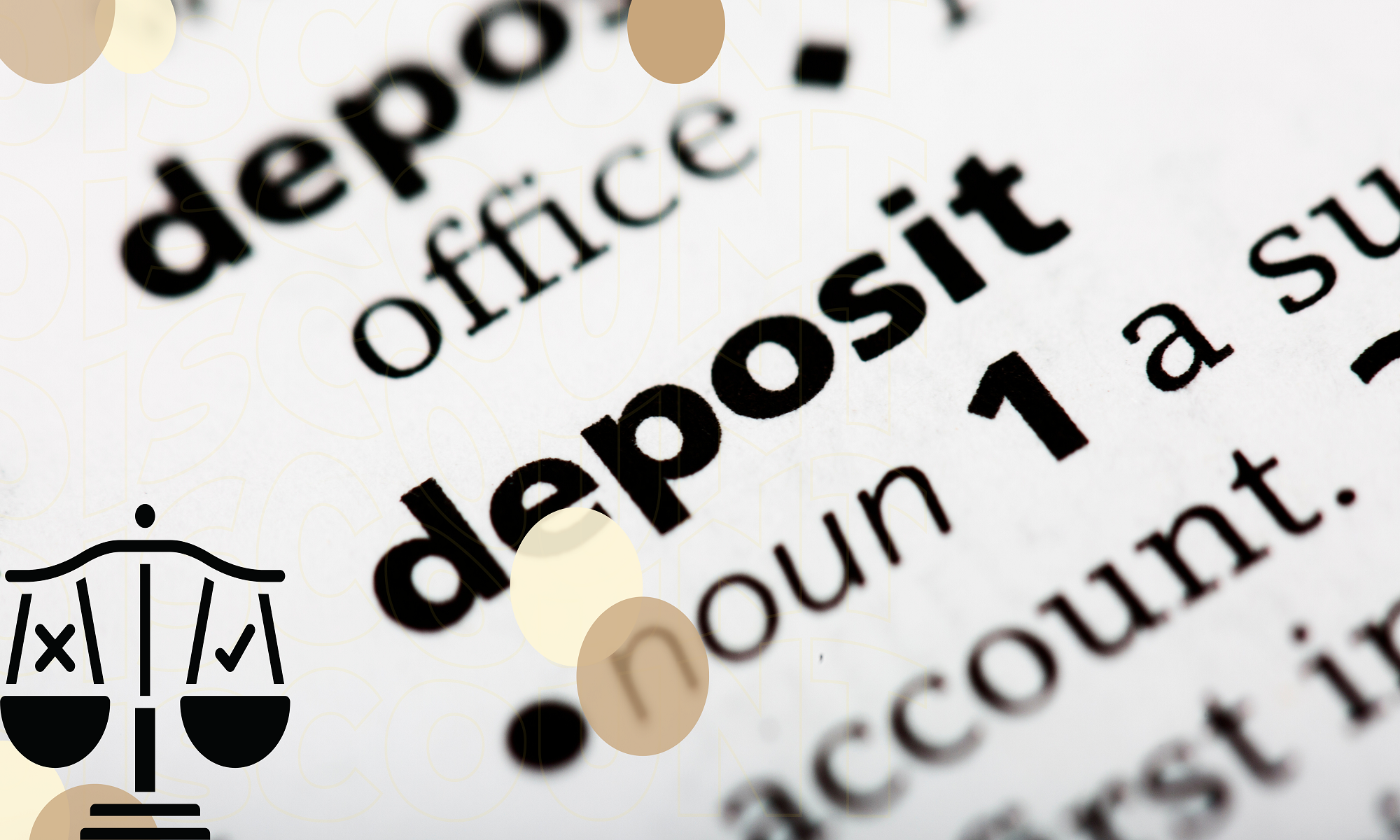Enter the exciting world of court reporting! Have you ever wondered how expert professionals record every trial or deposition word? These unsung individuals help keep legal proceedings correct. Did you know court reporters vary? There are many certificates and qualifications that distinguish them. We’ll explore the National Court Reporters Association (NCRA), Certified Realtime Reporters (CRRs), Certified Broadcast Captioners (CBCs), and state licensing and certification requirements for court reporters.
National Court Reporters Association (NCRA)
The respected National Court Reporters Association (NCRA) sets the standard for US court reporters. The NCRA has promoted court reporting quality for over 100 years.
A fundamental benefit of NCRA membership is access to its enormous network and resources. Conferences, seminars, and online forums help court reporters form a community.
Certification programs from the NCRA validate and improve court reporters’ skills. The industry recognizes these credentials as proof of professionalism and correctness. An NCRA accreditation distinguishes you from other court reporters and can lead to legal changes.
Maintaining these certificates requires ongoing study. Training programs keep NCRA members abreast of technology, best practices, and industry developments. This commitment to professional development keeps NCRA-certified court reporters on top.
NCRA supports its members’ career progress and legislative measures that assist court reporters nationally. They work closely with lawmakers and fight for favorable policies to preserve their members’ interests and uphold our legal system.
Joining the National Court Reporters Association means joining a respected community dedicated to court reporting quality. Whether you’re new to this area or have been doing it for years, joining this recognized organization can improve your abilities and provide networking possibilities.
Certified Realtime Reporter (CRR)
Certified Realtime Reporter (CRR) is a prominent National Court Reporters Association qualification. This certification is for court reporters who want to demonstrate their accuracy and speed in transcribed sessions.
Court reporters must demonstrate speed, accuracy, and real-time reporting technologies to acquire CRR accreditation. They are checked on their ability to accurately capture every spoken word and promptly transcribe it using stenographic machines or computer-aided transcription software.
Real-time reporting lets attorneys, judges, and other parties watch the transcript being prepared. This fast access to an accurate record of the events can help make quick choices and ensure everyone understands what was said.
Court reporters demonstrate their talents and trustworthiness by earning CRR accreditation. Clients seeking talented real-time reporters sometimes prioritize people with this accreditation.
A Certified Realtime Reporter (CRR) credential shows a court reporter’s commitment to excellence and assures they have the skills to give top-notch services in today’s fast-paced legal environment.
Certified Broadcast Captioner (CBC)
Television shows for hearing-impaired viewers depend on Certified Broadcast Captioners (CBCs). These individuals may provide real-time captions during live broadcasts, helping captioned viewers comprehend and connect with the material.
Court reporters must complete a tough National Court Reporters Association certification exam to become CBCs. They can quickly and accurately transcribe oral words into text with this accreditation.
Captioners utilize specialized software and equipment to provide onscreen closed captions. They need strong grammar, punctuation, broadcast terminology, and topic knowledge. An inclusive watching experience requires precise and fast dialogue capture.
In addition to live broadcasts, CBCs may work on pre-recorded documentaries or news segments that need captions. Their expertise ensures captioned users may access information and enjoyment across media channels.
Court reporters who receive CBC certification demonstrate their dedication to viewer accessibility and equality. Their talents assist hearing-impaired people in understanding broadcast information, improving digital inclusion.

State Licensing and Certification
National certification and state licensure and certification are key to court reporting. Every state has different licensing or certification requirements for court reporters.
Many states require court reporters to pass a written exam on legal language, courtroom procedures, and transcription. specified states may require court reporters to complete a specified number of hours in an approved curriculum before licensure or certification.
Aspiring court reporters must investigate state requirements before practicing. This will help them get the correct credentials.
Court reporters can work in their state after being licensed or certified. Some jurisdictions have reciprocity agreements that make it easier for court reporters to get licensed in other states.
Court reporters demonstrate professionalism and quality by meeting national and state licensure or certification criteria. They demonstrate their court reporting skills to potential customers and companies.

Conclusion
Aspiring court reporters and clients must understand the various certificates. The National Court Reporters Association (NCRA) certifies court reporters in several fields.
A Certified Realtime Reporter (CRR) court reporter has the ability to produce accurate and quick real-time transcription. This accreditation is especially useful in legal circumstances where transcript access is critical.
The Certified Broadcast Captioner is another important NCRA credential. Court reporters can close caption live TV, webcasts, and other media with this credential. These specialists are crucial to hearing-impaired accessibility.
Some states license or certify court reporters in addition to these national certificates. You should examine your state’s court reporter regulations before starting a job.
Professional credentials boost a court reporter’s credibility and show their dedication to accurate transcripts and captions. As technology advances, certifications become more important to stay current with industry requirements.
Understanding these certificates will help you make educated judgments during judicial proceedings or media production, whether you’re becoming certified yourself or hiring a skilled court reporter.
Knowledge is power when picking a qualified and certified court reporter!












